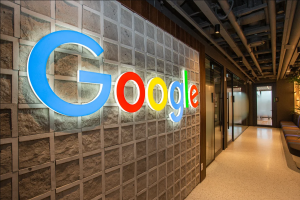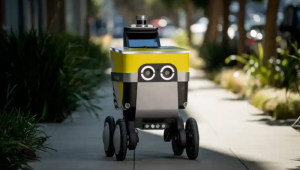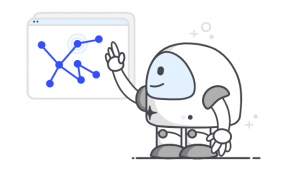Does the world need another IoT data platform? HP thinks so
![]() Hewlett-Packard Co. has become the latest technology giant to stake a claim on the connected universe with the introduction of a cloud-based service for capturing data from emerging categories of networked devices. The launch represents the newest of its increasingly bold efforts to offset declining growth across traditional business lines.
Hewlett-Packard Co. has become the latest technology giant to stake a claim on the connected universe with the introduction of a cloud-based service for capturing data from emerging categories of networked devices. The launch represents the newest of its increasingly bold efforts to offset declining growth across traditional business lines.
Revenues dropped nearly five percent for HP in the first quarter reported earlier this week as reduced income from high-end servers and networking equipment, enterprise software and professional services pulled performance down. Chief executive Meg Whitman is scrambling to find greener pastures in an aggressive expansion that took the company into the world of supercomputers last year and more recently the commodity switch business.
The HP Internet of Things Platform offers a centralized hub for coordinating up to millions of devices ranging from tiny embedded sensors to connected parking meters. It provides capabilities for aggregating the machine-generated data coming off that equipment, tracking useful metrics and propagating changes.
That value proposition pits HP against the several other big-name vendors that are taking a vertical approach toward taming the connected universe. Standing out in particular is General Electric Co., which has spent the last few years developing a similar platform for operationalizing data from networked machinery. Fellow industrial giant Hitachi Ltd. also entered the fray recently with the acquisition of a major analytics provider.
The conglomerates both have a well-established presence in the areas they’re working on hooking up to the digital grid, which is a major advantage over HP. But Meg Whitman has come prepared for an uphill battle. HP plans to differentiate its platform with a family of complementary services that provide ready-made capabilities for harnessing machine-generated data.
The first in the lineup is a power management application that HP says can integrate with a variety of energy sensors and related technologies to provide control over electricity consumption in a wide spectrum of settings. The potential use cases range from automatically shutting off a thermostat when the homeowner is away to optimizing the efficiency of street lights.
HP plans to add many more applications in the future. There’s also more than a good chance of the company eventually opening up the platform for partners to build their own value-added services in view of the fact that it boasts an extensive ecosystem of analytics providers that a manufacturer such as GE should have a difficult time matching. Every advantage counts in the fight for the connected universe.
photo credit: Daniel*1977 via photopin cc
A message from John Furrier, co-founder of SiliconANGLE:
Your vote of support is important to us and it helps us keep the content FREE.
One click below supports our mission to provide free, deep, and relevant content.
Join our community on YouTube
Join the community that includes more than 15,000 #CubeAlumni experts, including Amazon.com CEO Andy Jassy, Dell Technologies founder and CEO Michael Dell, Intel CEO Pat Gelsinger, and many more luminaries and experts.
THANK YOU













